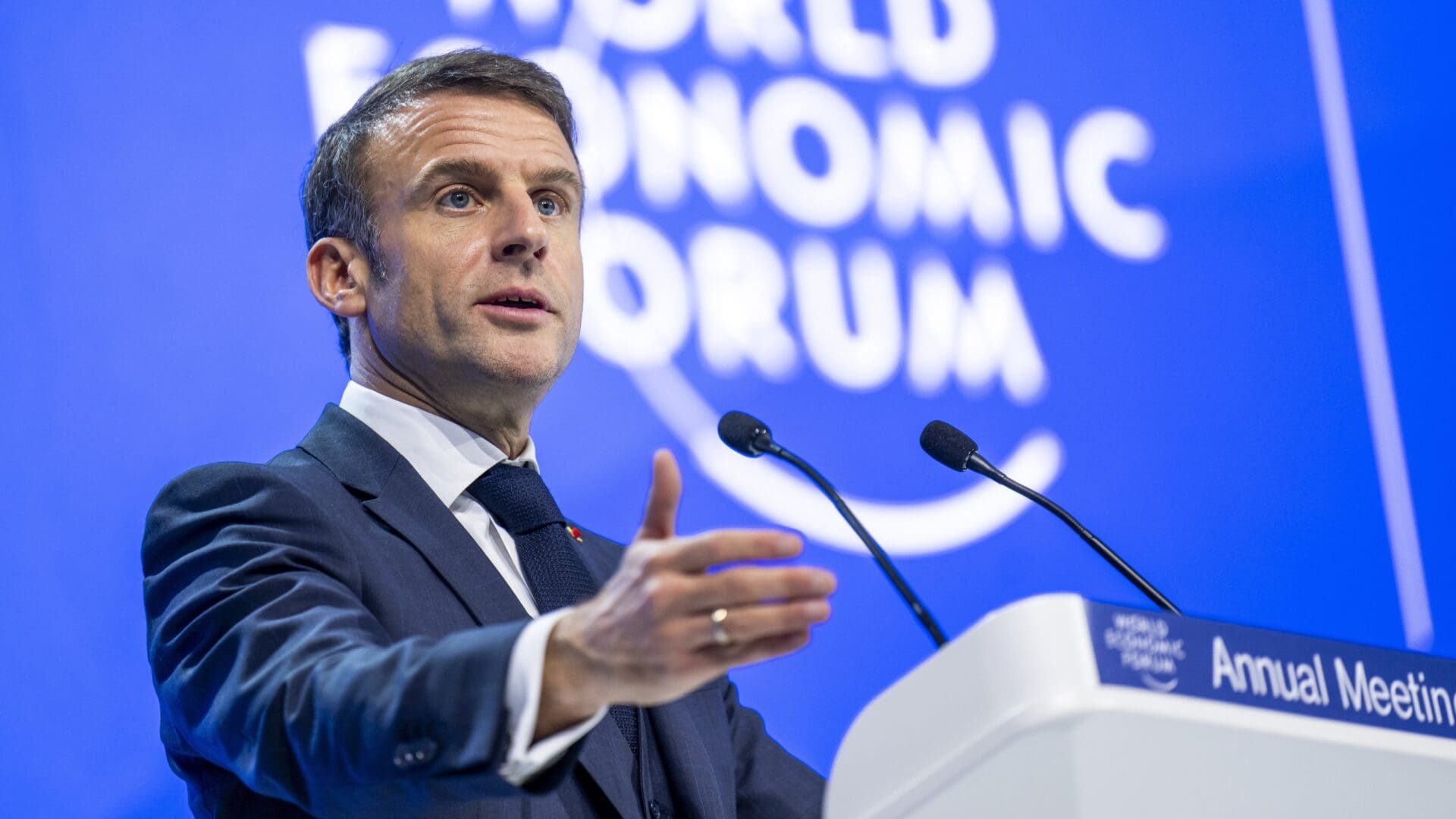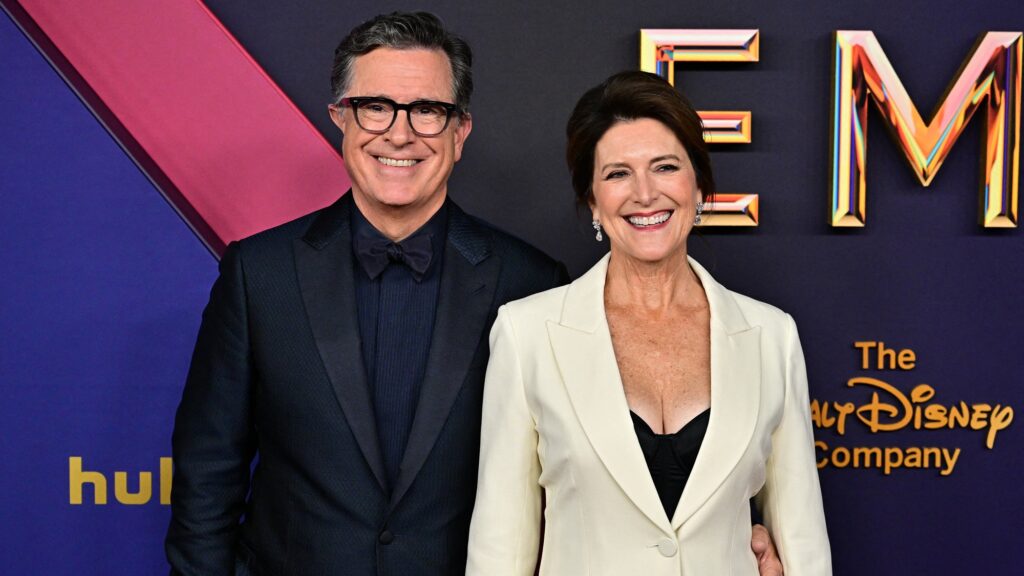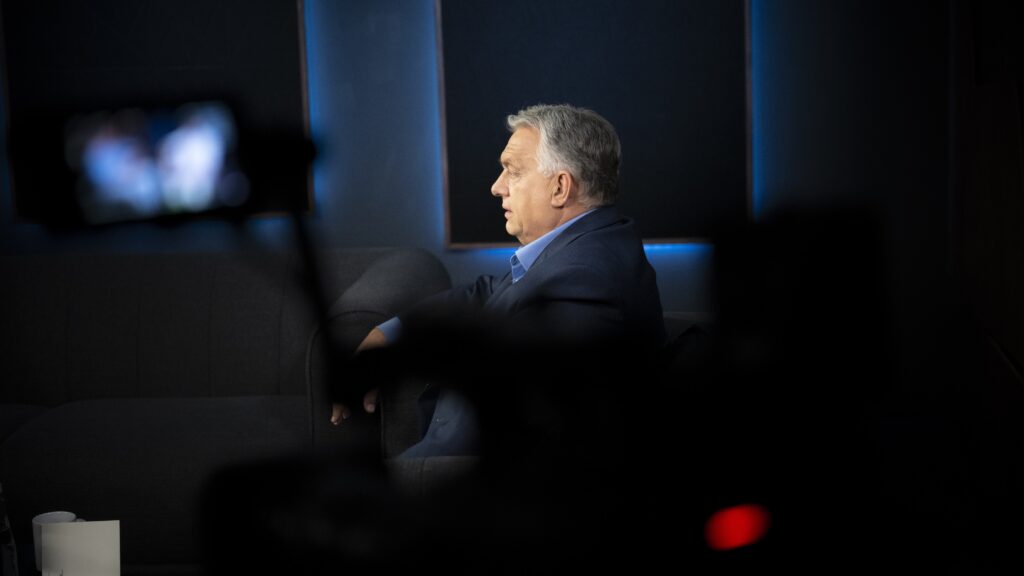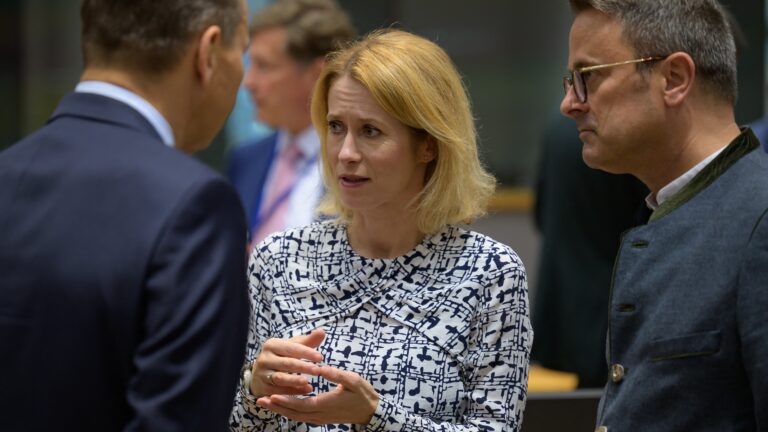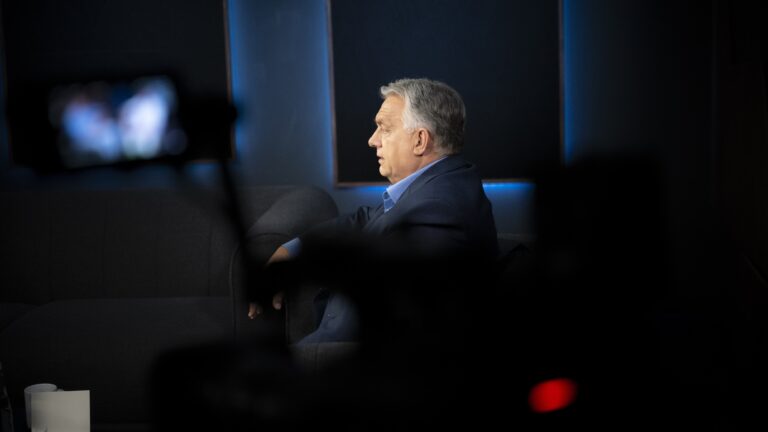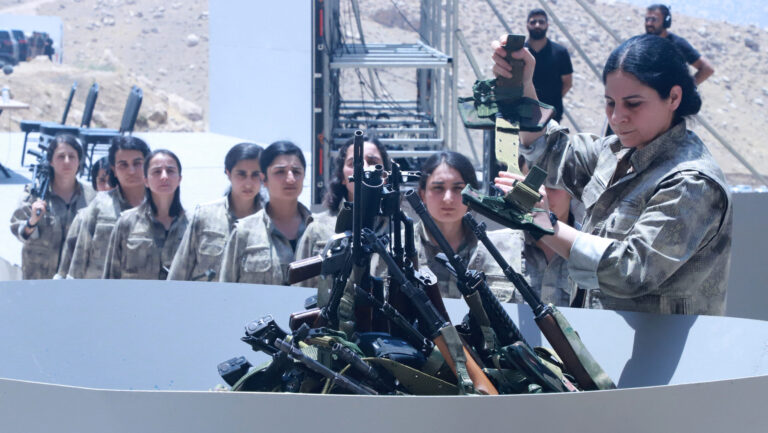The following is a translation of an article written by Réka Zsuzsánna Máthé, originally published on the Five Minutes Europe blog of Ludovika.hu.
Could it be that the European Union has been arrogant and is not a dominant geopolitical factor anymore?
According to statements made at the World Economic Forum, leading politicians and business leaders say the European Union has lost its competitiveness and thus substantial changes are needed.
The 54th Annual Meeting of the World Economic Forum was held between 15 and 19 January in Davos, Switzerland, where the world’s most influential business leaders, politicians, and intellectuals were invited to discuss global challenges. The motto of this year’s event was ‘Rebuilding Trust’, with panel discussions structured around four key themes: Achieving Security and Cooperation in a Fractured World; Creating Growth and Jobs for a New Era; Artificial Intelligence as a Driving Force for the Economy and Society; and A Long-Term Strategy for Climate, Nature, and Energy.
According to the organizers, it is necessary, as expressed in the meeting’s motto, to rebuild trust in business, scientific, and political leaders alike. The dangers of shaken trust were discussed in particular at one of the panel discussions (Editor’s note: The panel also featured Alexander Soros). An expert panellist stressed that voter confidence has not declined in absolute terms, but rather has fragmented because of the media and information technologies. Thus, the targets of social trust that were clearly identifiable a few decades ago, such as local community representatives, political institutions, as well as general trust, are now less and less definable. The information overload is creating chaos from which leaders can emerge who hold the promise of creating a sense of order.
Further discussion from the panel revealed that
rebuilding trust is most needed in light of the political changes that will occur in the special 2024 election year.
Elections will be held in more than 60 countries this year, including Russia, India, Indonesia, and the United States, and MEPs for the European Union will be elected this year, too. Further discussion among the panellists revealed that they are most concerned about political changes that may take place in the United States—or more specifically, about the possible return of former President Donald Trump.
The leading role of the United States and the importance of the President were also underlined by Emmanuel Macron in his speech. However, the French President rather stressed that Europe must develop its own strategic independence, including against the United States. He said that as a European head of state he does not want to participate in international negotiations as a partner of the United States, but to act as an independent power and to be visible without the US as well. In surprisingly sharp terms, he stated that at present,
‘Europe is not a geopolitical player.’
President Macron highlighted the importance of developing the European defence industry and possible ways for economic growth. He opined that the European market is over-regulated and there is a need to simplify and speed up the licensing and application processes in order to stimulate development. The French President also emphasized that risk-free security of critical value chains (from agriculture to defence) is essential to achieve strategic autonomy. In addition, he called for the integration of capital markets, without which the impact of investments to stimulate innovation in Europe would be limited.
The role of the European Capital Markets Union and the opportunities offered by integrated markets was the subject of another panel discussion. Among the participants were Christine Lagarde, President of the European Central Bank, Nadia Calviño, President of the European Investment Bank, and Paschal Donohoe, President of the Eurogroup.
In a separate panel specifically dedicated to the issue of the competitiveness of the European Union, the Capital Markets Union was also a key topic as a necessary step to maintain competitiveness. The panel included Robert Habeck, Vice Chancellor and Federal Minister for Economic Affairs and Climate Action of Germany, as well as the heads of a Madrid-based multinational telecommunications and a Germany-based multinational scientific and technological company. All three agreed that
one of the drawbacks of the European single market is its over-regulation.
This is coupled with a serious technological gap as well: none of the 44 most technologically advanced companies in the world are EU firms. Similarly to the French president, the German Vice Chancellor also spoke sharply in his assessment of Europe’s place and competitiveness. In his view, the progress made in the first decades of the existence of the EU has made Europe complacent, ignoring the pace of development in the US and Asia, as a result of which it is far behind its competitors today.
In line with the French President’s proposal, this panel also stressed the need and potential for developing Europe’s defence industry. Another panellist highlighted the lesser-known downside of EU bureaucracy, the lack of accountability, and expressed hopes that this could improve over time.
The President of the European Commission also spoke, focusing on the Russian–Ukrainian war and the importance of continued support for Ukraine. Another key point of Ursula von der Leyen’s speech was the dangers of disinformation and misinformation and the steps the EU should take to reduce them. Nevertheless, the speech of the President of the body that defines itself as a ‘geopolitical’ Commission did not address the problems themselves and was less technical than expected, thus did not present concrete solutions or proposals.
Overall, the World Economic Forum brought together the world’s leading politicians and business leaders to discuss the problems they already knew about, and possible solutions to those problems. EU leaders seem to have a clear understanding of the most pressing challenges and are able to formulate solutions. In stark contrast to the politicians, however, the Commission President has delivered a clearly political message that seems to reverse the roles laid down in the Statutes of the EU.
Click here to read the original article.

